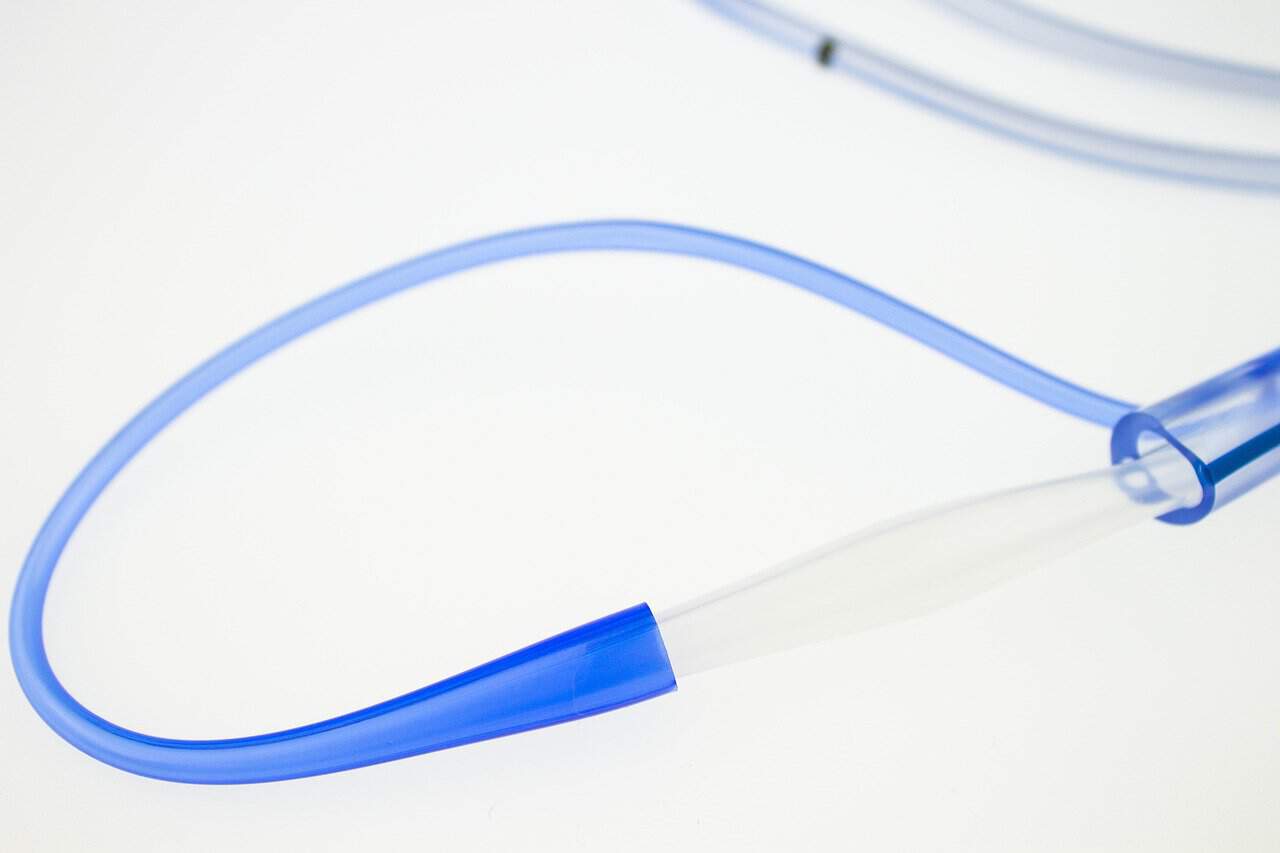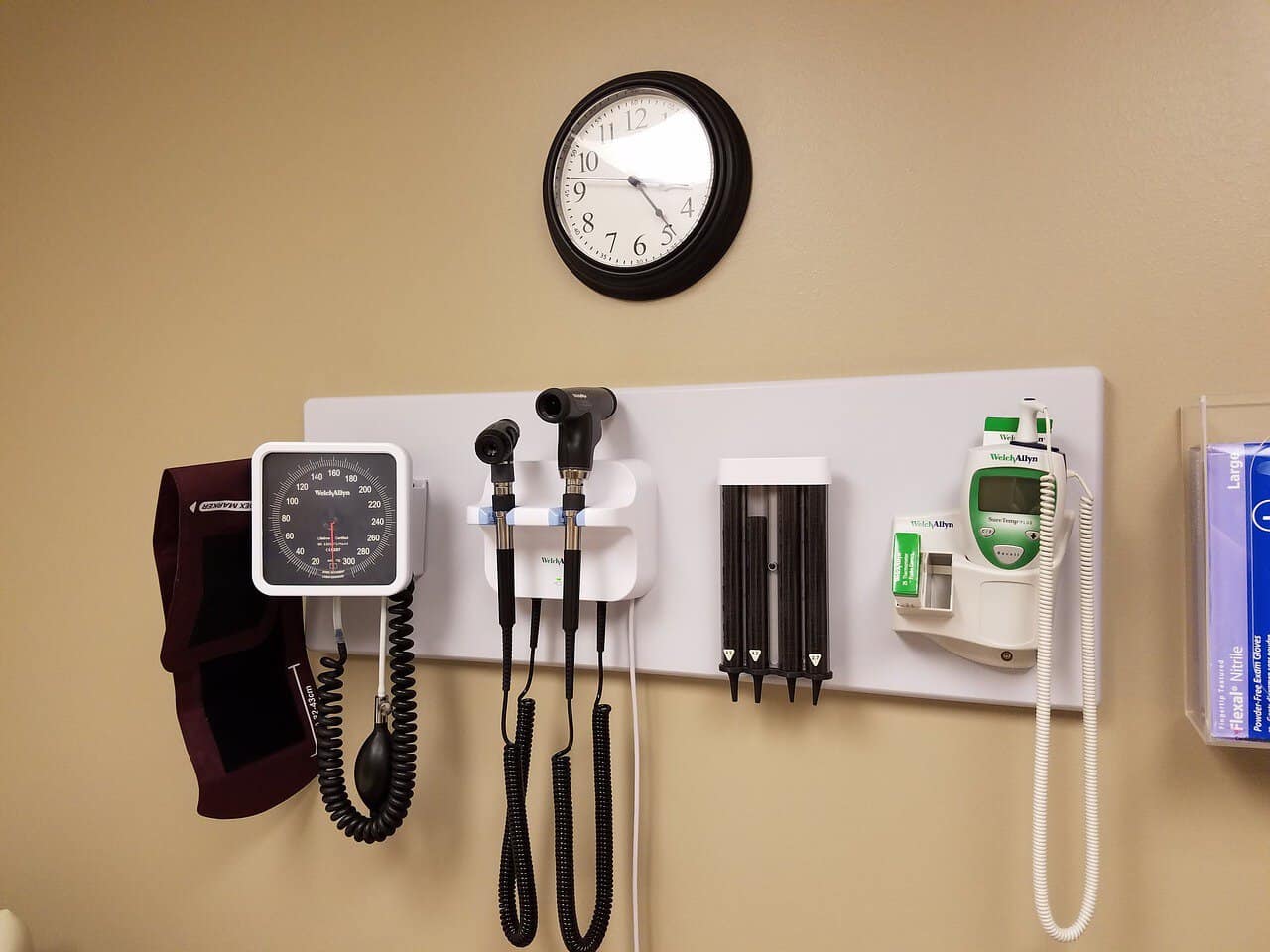Tag: Penn Medicine at Princeton Health
-
Picture This: Capsule Endoscopy Aids in Detection of Small Bowel Disease
By Kevin Skole, MD Did you know that your digestive tract is nearly 30-feet long, from your mouth to your rectum? That’s about half the length of a bowling lane or as long as two mid-size SUVs bumper-to-bumper. In other words, it’s long. So, when it comes to diagnosing and treating diseases of the digestive…
-
Coping With a Cancer Diagnosis
By Danielle Bellina, LCSW Being diagnosed with cancer — or any other severe, life-threatening illness — is a traumatic experience. For many people, it can lead to anxiety and depression that can make an already tough journey even more difficult. Often, however, mental health therapy can help. Penn Medicine Princeton House Behavioral Health offers evidence-based…
-
Women, You Don’t Have to Live with Genitourinary Syndrome of Menopause
By Rui Wang, MD Hot flashes, night sweats and brain fog are some of the most common symptoms women associate with menopause and the years leading up to it. However, one aspect of menopause that often remains unspoken about is genitourinary syndrome, a collection of symptoms that affect the genitourinary tract. From vaginal dryness to…
-
Revolutionizing Colorectal Cancer Screening: AI-Assisted Colonoscopy
By Anish A. Sheth, MD Advances in artificial intelligence (AI) are transforming life as we know it. And in fact, when it comes to colon cancer, AI is helping save lives. Doctors at Penn Medicine Princeton Medical Center’s (PMC) Center for Digestive Health are using AI-assisted technology to help detect hard-to-find precancerous polyps during…
-
Aquablation Therapy Helps Relieve Symptoms of Benign Prostatic Hyperplasia
By Jamison S. Jaffe, DO Benign prostatic hyperplasia (BPH) is a common condition that affects millions of men as they age. While not life-threatening, BPH can significantly impact a man’s quality of life. At Penn Medicine Princeton Health, men who are suffering from BPH have a variety of treatment options, including a new innovative therapy…
-
Breast Health Important for Women of All Ages
By Rachel P. Dultz, MD Nearly 300,00 new cases of invasive breast cancer will be diagnosed in women thisyear, making it the most common cancer in women in the United States, except for skin cancer, according to the American Cancer Society. What’s more, a recently released study found that the number of women under age50…
-
Ignoring Shoulder Pain Can Lead to More Serious Injury
By Frederick Song, MD Staying active by participating in sports like tennis or pickleball is good for your overall health. However, sports and other activities that involve repetitive actions or sudden movements that can lead to falls, can often result in shoulder injuries. If you experience shoulder pain, don’t just play through it. Prompt diagnosis…
-
Regain Control Over Overactive Bladder
By Alexander Berger, MD, MPH If you have an overactive bladder, you may be reluctant to venture too far from a bathroom and avoid social and other activities for fear of embarrassing leakage. However, with the right treatment, overactive bladder can be controlled so it doesn’t control you. Urogynecologists at Penn Medicine Princeton Health offer…
-
Understanding the Role of Infusion Therapy in Treatment for Cancer and Other Diseases
By Peggy Kenny, MSN If you have been diagnosed with cancer or another medical condition that requires infusion therapy as part of your treatment plan, you likely have some questions. What exactly is infusion therapy? What can I expect during treatment? What about side effects? At the JoAnn Heffernan Heisen Infusion Therapy Suite at Penn…









